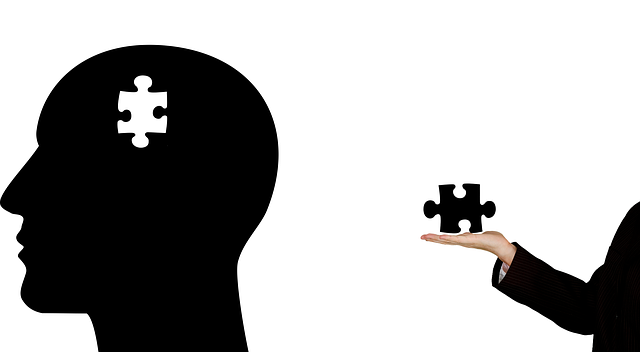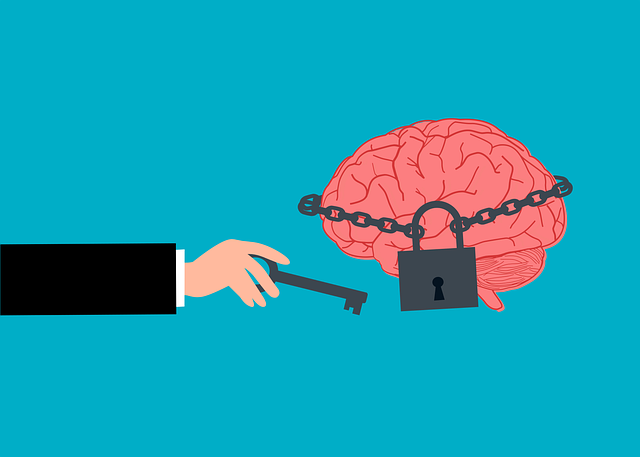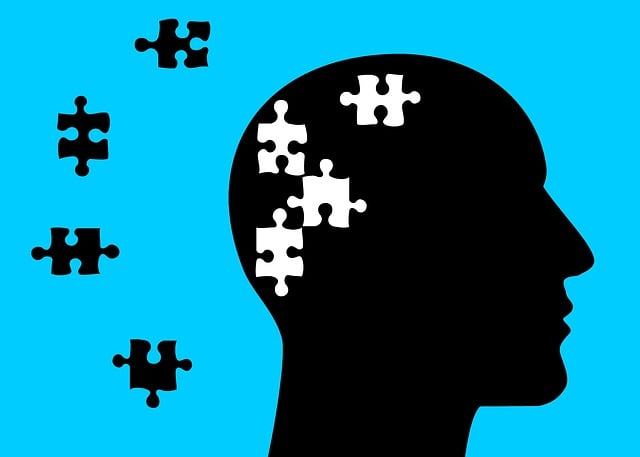In a diversifying social landscape, traditional family structures are evolving into complex blended families, demanding tailored mental wellness coaching. Superior Blended Families Therapy (SBFT) combines evidence-based techniques like CBT and mindfulness to address unique challenges such as step-parenting issues and cultural blending. SBFT fosters open communication, empowers with coping strategies, creates safe spaces for exploration, and integrates online accessibility. By focusing on self-care routines, cultural sensitivity, and holistic understanding, SBFT enhances individual and collective mental health through personalized support and Mind Over Matter principles.
Mental wellness coaching programs are evolving to meet the diverse needs of modern families. As we navigate an increasingly complex world, customized approaches that integrate evidence-based therapies are crucial for fostering holistic mental wellness. This article explores three key components: understanding the unique demands of contemporary families, incorporating effective therapy methods, and designing superior blended families therapy through a combination of in-person and digital interventions. By embracing these strategies, we can enhance mental health support tailored to diverse family structures.
- Understanding the Need for Customized Programs in Modern Families
- Integrating Evidence-Based Therapies for Comprehensive Mental Wellness Coaching
- Designing Blended Approaches: Combining In-Person and Digital Interventions for Optimal Results
Understanding the Need for Customized Programs in Modern Families

In today’s diverse and evolving social landscape, families are becoming increasingly complex and unique. The traditional nuclear family structure is giving way to a variety of arrangements, including blended families, where two parents from different backgrounds merge their households. This shift demands a corresponding evolution in mental wellness coaching programs to cater to the specific needs of these modern families. A one-size-fits-all approach may not adequately address the complex dynamics and challenges faced by blended families, such as step-parenting issues, blending cultural values, and adjusting to new family roles.
Therefore, there is a growing need for tailored programs that consider the individual and collective mental health of all family members. Incorporating elements like Self-Care Routine Development for Better Mental Health can empower each family member with tools to manage stress and maintain balance. Additionally, Cultural Sensitivity in Mental Healthcare Practice is paramount to ensuring that these programs are inclusive and respectful of diverse backgrounds, promoting a safe and supportive environment. The design of Mental Health Education Programs should also be informed by these considerations, teaching families coping strategies and fostering open communication, ultimately enhancing overall mental wellness.
Integrating Evidence-Based Therapies for Comprehensive Mental Wellness Coaching

Integrating evidence-based therapies is a cornerstone of comprehensive mental wellness coaching programs. Superior Blended Families Therapy, for instance, combines cognitive behavioral therapy (CBT), mindfulness practices, and solution-focused brief therapy to address diverse mental health needs. CBT equips individuals with strategies to challenge negative thought patterns and behaviors, while mindfulness promotes present-moment awareness and emotional regulation. This blend is particularly beneficial for families navigating complex dynamics, fostering healthier communication and improving overall emotional well-being promotion techniques.
Mental wellness coaching that incorporates these evidence-based practices can significantly enhance mood management. By tailoring interventions to individual and family systems, coaches create safe spaces for exploration and growth. Moreover, integrating mental health policy analysis and advocacy ensures that clients are empowered not only therapeutically but also by understanding broader systemic influences on their mental health. This holistic approach recognizes the interconnectedness of personal, familial, and societal factors in achieving lasting well-being.
Designing Blended Approaches: Combining In-Person and Digital Interventions for Optimal Results

In today’s digital era, the development of mental wellness coaching programs has evolved to incorporate blended approaches, combining in-person and digital interventions for optimal results. This superior blended families therapy integrates the benefits of face-to-face interactions with the accessibility and convenience of online platforms. By doing so, coaches can cater to a broader range of clients with diverse needs and preferences. For instance, digital tools enable remote access to coaching sessions, making it convenient for individuals with busy schedules or those living in remote areas.
Moreover, blending these two methods allows for a more comprehensive and effective approach. In-person sessions foster strong connections built on empathy and active listening, while digital platforms offer flexible scheduling, interactive exercises, and access to resources that reinforce the coaching process. This integration of mental wellness coaching programs development leverages Mind Over Matter Principles and Empathy Building Strategies, ensuring clients receive personalized support tailored to their unique circumstances.
Mental wellness coaching programs tailored to modern families’ unique needs are essential in promoting overall well-being. By integrating evidence-based therapies and adopting blended approaches that merge in-person sessions with digital interventions, we can create comprehensive support systems. This combination, akin to Superior Blended Families Therapy, ensures accessibility, flexibility, and personalized care, addressing the diverse challenges faced by contemporary families. Through these innovative strategies, mental wellness coaching can effectively navigate complex family dynamics, fostering stronger, healthier relationships.














